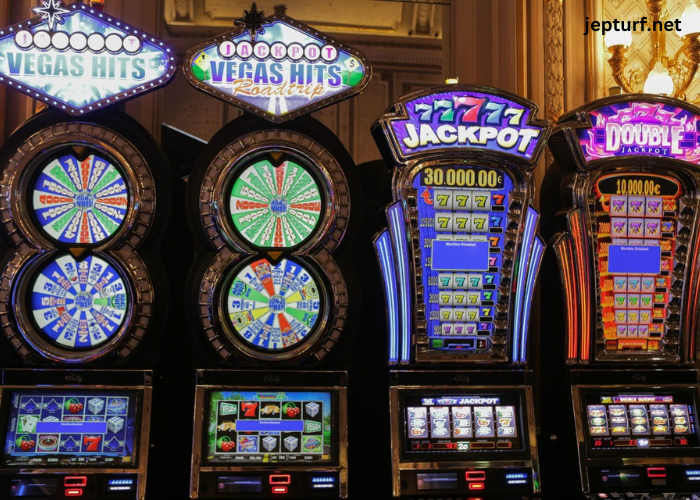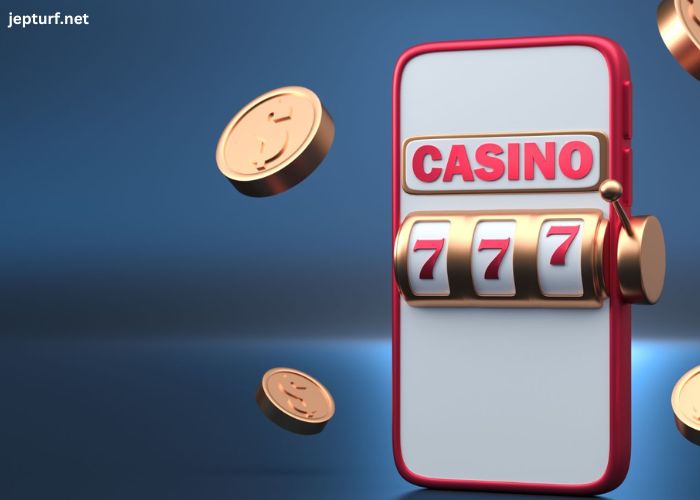Slot machines seem simple: Select a bet, push a spot or button and the reels start to circle and make stops until the symbols show up. But those behind the appearance of simplicity are messy, complex mathematical calculations and algorithms. But the results — weird as it may sound — are controllable, and are made to appear random through certain mechanisms. So what mathematical models of slot machines are in fact behind the random slots? Let’s try and figure that out.
How Does the Random Number Generator (RNG) Work?
Every modern slot machine is based on a random number generator (RNG). It’s a sequence of numbers to tell you where each reel is on each spin. So fast that millions of values are created in a fraction of a second.
Principles of RNG operation:
- Complex algorithms: although the RNG gives the appearance of randomness, it is in fact subject to a predetermined algorithm. This makes it “pseudo-random” rather than completely random;
- Refresh rate: even when the slot is not active, the RNG is constantly generating numbers, creating an endless stream of values;
- The randomness of each spin: each spin is independent of the previous one, and there are no “winning” series or “unlucky” streaks.
For example, when playing the Aviator game, RNG constantly generates random values that determine to what height the game plane will take off. This approach ensures fairness and unpredictability of the game, making each spin unique.
Volatility and Variance Importance
Volatility and variance are two basic concepts that determine what a game is:
- Volatility indicates the level of risk associated with the game. Frequent but small wins are found in low volatility slots and a chance of big wins with a lower probability in the high volatility slots.
- The variance is responsible for the spread of results. That means how much deviation from the RTP can be allowed for in short periods of time.
The style of play, and the feel of the slot, are affected by these parameters. An example of this is players who prefer slow but good wins will go for low-volatility games. If you’re into slots with big volatility, those who are willing to take risks for a shot at a big win will pay attention to that.
Hot and Cold Slots Myths
The myth goes that slots are “hot” or “cold”. The idea is that some machines are ‘ready’ to ‘give out a big win’ – but only if no one has won for a while. But lucky for you, the RNG has taken care of this myth.
Why the myth does not work:
- The spins are independent, they aren’t dependent on what spin came before or after;
- The RTP does not have a “memory”, it does not “know” how long the machine is not producing a big win;
- RTP affects the long-term payoff but does not dictate how soon exactly those wins will come out.
Benefits of a Mathematical Approach to Slots:
- Allows for fairness and transparency of games;
- Creates a balance between winnings and costs for the operator and the player;
- Maintains a high level of fun by controlling the probabilities and regularity of winnings.
As such things like ‘hot’ or ‘cold’ slots are nothing but a myth based on no mathematics or algorithm.
Payout Structure and the Meaning of Symbols
To better understand how payouts are determined, it is useful to look at the payout structure of slots. There are different symbols on each reel, and their occurrence is controlled by probabilities that are set in advance.
Common types of symbols and their features:
- Regular symbols – appear more often and bring small wins;
- Symbols with high value – appear less often and bring large payouts;
- Bonus symbols and scatters – activate bonus rounds and free spins.
The slots are designed so that the chance of a symbol combination falling out is predictably rare or frequent, creating a balance between the frequency of wins and their magnitude. This structure keeps the game attractive to players of different levels.
Conclusion
Slot machines are the result of complex mathematical calculations and elaborate algorithms. Although the GSC creates the illusion of randomness, the work of slots strictly obeys the laws of probability, volatility, and mathematical expectation. Understanding these principles will help players to better assess their chances and choose slots that fit their gaming style and preferences.







